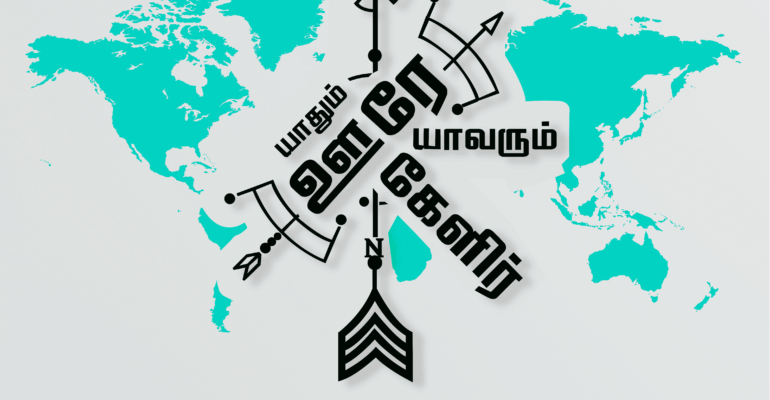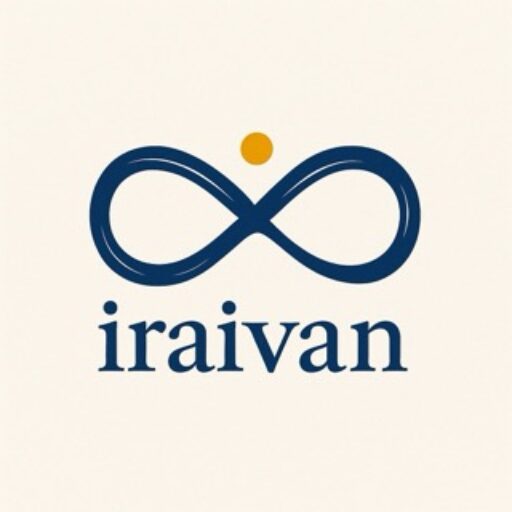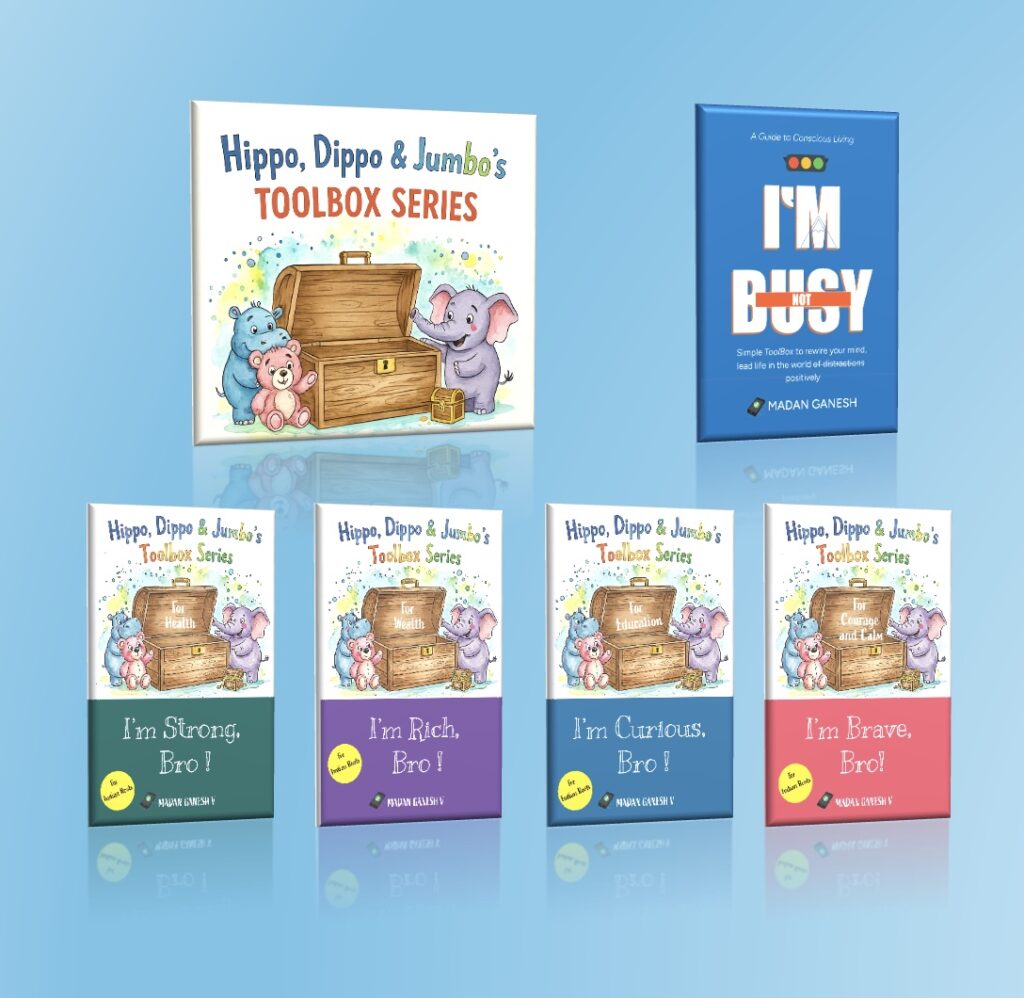Do you speak in your mother tongue in your dreams? That was one of the puzzles I used to ask my friends. Do you think in your mother tongue or in English?
I’ve had three different experiences on this topic, and here’s my takeaway.
When I started my career at HP, the Internet Services team was incredibly diverse—Kannadigas, Malayalis, Tamilians (mostly my seniors), and many from North India who were well-versed in Hindi. When a fresher joins the team, they’re assigned a mentor. I owe a lot to my mentor back then, Kalpana Ji, who lovingly taught me Kannada. The limited Kannada I know is thanks to my time with the Internet Services team.
At HP, we were required to speak English during meetings. Coming from the small town of Salem and having studied in Tamil medium schools, it was naturally challenging to convey my thoughts in English. I would think in Tamil, and my brain would act as an NLP processor, converting those thoughts into English (often losing some of the creativity in translation), and then I’d speak them aloud.
In 2002, I had the opportunity to visit NTT DoCoMo. During the product demo meeting, I spoke in English very slowly and waited for the translator to convert it into Japanese. The customer would respond in Japanese (a language that sounded like sweet music to my ears), and the translator would then convey it back in English (with just a few words). I could sense the pride our Japanese counterparts felt in being able to speak freely in their native language. The expressions and emotions were priceless.
When I left HP in 2010 to join a small startup, VMLogix, I found that all the employees were well-versed in Hindi. Discussions naturally happened in Hindi, and I felt like I was missing out on all the fun. It was a big cultural shock to move from a big company like HP to a small startup with just 18 people. You might have read my other article on “Karma.” When Citrix acquired VMLogix, I was back in a big company mode, where everything was in English again. I noticed that some team members felt a loss of creativity because they were forced to express themselves in English with partner teams in the UK. But they adapted and excelled over time.
If you’re still reading this line, special thanks to you—you must be someone who thinks in their mother tongue! புரிகிறதா நண்பரே?! क्या तुम समझते हो मेरे दोस्त?
When I started ActOnMagic, I recruited many who understood Tamil. I felt that when I spoke in Tamil, people could truly connect. I felt more creative, communicating freely with my teammates, and they would understand and act on it. As we expanded (after some friends and family funding), we onboarded other talented employees, and English became the common language of discussion again.
The story continues at Netmagic, where I gained a good understanding of Hindi, thanks to my weekly travels to Mumbai. In the early days, when a taxi driver spoke to me in a language I assumed was Hindi, I struggled to understand, only to later realize they were speaking Marathi (in their mother tongue). I was replying in Tamil.
Neither of us understood what the other was saying, but it was fun.

I’m reminded of the profound words of Kaniyan Poongunranar:
“யாதும் ஓரே யாவரும் கேளிர்!”
meaning
“All places are our hometown, everyone is our relation/friend.”
Everyone understands the universal language
—Love—அன்பு. ❤️💐
As long as we have that universal love, we will thrive and succeed!
Have a good weekend.






